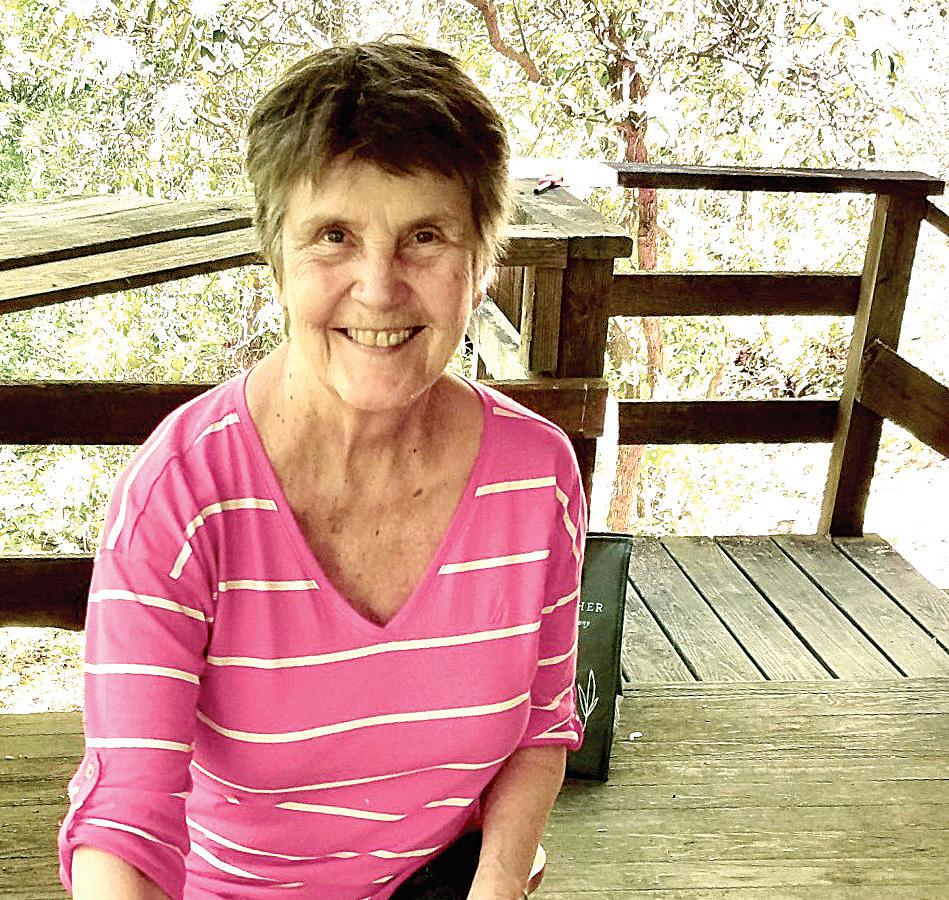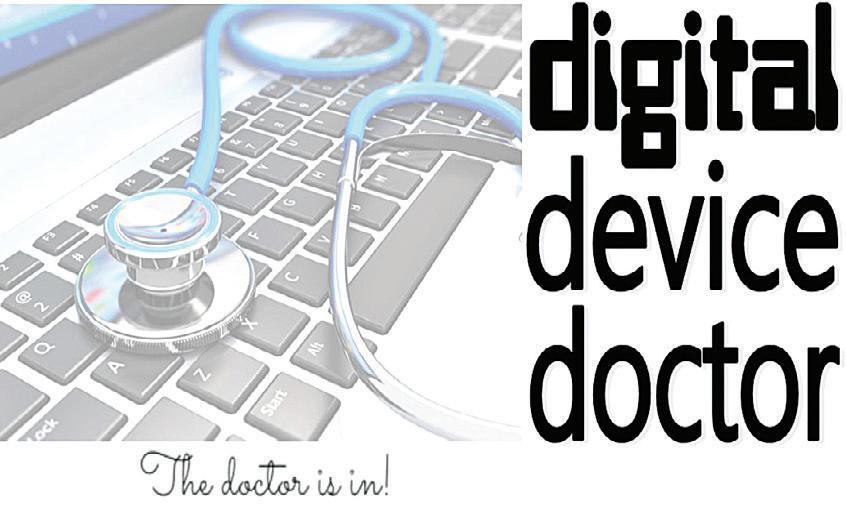
1 minute read
Tech Care for Seniors


The implication for public health practice is to educate the public about the importance of immediate emergency care, regardless of a pandemic.
People need to know that if they are experiencing chest pain, loss of motor function, altered mental status, or other lifethreatening issues, they should seek care right away.
What happened to elective surgeries
As part of a special “CovidSurg Collaborative,” a survey was done of 1,000 surgical leaders across the country to assess the surgery outcomes for patients who were diagnosed with COVID-19. The survey included academic medical centers, hospitals and surgery centers (identified by general surgery) and included certain specialties (such as orthopedics and urology).
More than half of the respondents said up to 40% of their patients had canceled their elective procedures. “As [surgical centers] start the process of reopening, it’s critical that we also strive for equitable access to surgical care across the communities we serve,” stated one professor (who partnered with the CovidSurg Collaborative).
What should you do?
There is still much to learn about this unprecedented virus. At the time of this writing, we don’t’ know how far it already has penetrated into society and we still don’t know how to completely prevent its transmission.
From patients to multiple medical practices, the public is experimenting on how to adjust COVID-19 into our lives.
And as medical offices reopen, now may be a good time for patient protection against the unseen health hazards affecting our communities.
The take-home message is: Don’t wait.
For starters, if you, or someone you care for, is feeling sick, experiencing a fever, or showing signs of difficulty breathing, call your primary care physician right away for further directions. However, if your upcoming appointment can be handled virtually, that may be another option for you depending on the medical practice.
Stay vigilant with selfcare and continue to follow COVID-19 guidelines when you are seeing your health care provider — even if it’s for bloodwork, X-rays or other tests. The good news: medical practices are safer than they’ve ever been.
404-307-8857










